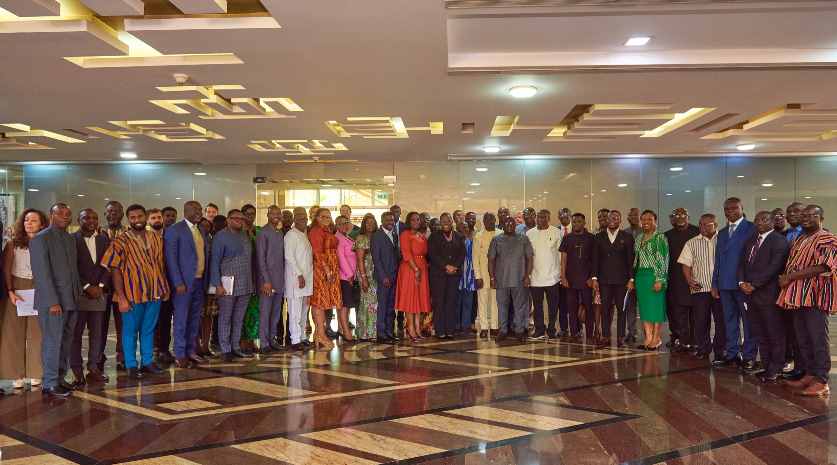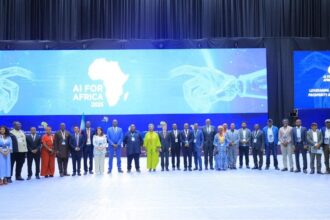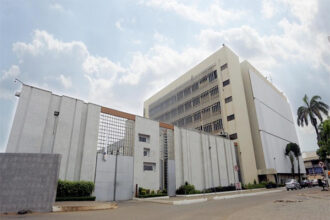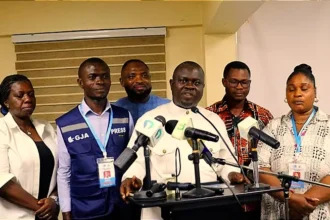The Ghanaian government is taking a big step in the fight against corruption by putting together a high-level group to write a new National Anti-Corruption Strategy (NACS).
This program demonstrates how the NDC government is committed to combating corruption in the country.
On July 3, the Chief of Staff, Julius Debrah, presided over the ceremony at the Jubilee House in Accra. He said during the event that this effort was very important, saying,
“This is not just a legal or institutional issue; it is a moral one.” We need to make honesty a part of life for everyone in society.”
He said that everyone needs to take responsibility for fighting corruption, which hurts the country’s growth and governance.
The new working group has until August 31, 2025, to come up with a full draft of the strategy. The government wants to fix these problems as soon as possible, which is why this timeline is so ambitious.
The project is being run by the Office of the Presidential Advisor on the National Anti-Corruption Programme (PANACP), which is led by Professor Francis Dodoo. The Office of the Chief of Staff is working closely with them.
The NACS will work to make things more open, strengthen the law, and put in place strong anti-corruption measures that are in line with Ghanaian values.
A lot of different people will have a say in this. The government hopes that this joint effort will not only cut down on corruption but also make people trust institutions more and encourage people to act ethically in all areas.
Building on NACAP’s Legacy
The National Anti-Corruption Action Plan (NACAP), which was officially adopted in 2014, set up a strong base for the new plan.
NACAP has been a big part of the push for big changes in Ghana to fight corruption for the past ten years. Here are some of the most important things that have happened:
- More Public Awareness: Efforts to make people more aware of corruption and how bad it is have worked, getting citizens and stakeholders involved and creating a culture of accountability and vigilance.
- Digitizing Public Financial Management Systems: Moving to digital solutions has made it easier and more transparent to manage public money. Now, institutions are adopting automated systems and e-government solutions to make it easier for people to find out about money matters.
- Stronger Anti-Money Laundering Frameworks: The laws and rules that govern anti-money laundering (AML) practices have been greatly improved.
The new working group brings together a wide range of national and international stakeholders, each with their own point of view and area of expertise.
- The Commission on Human Rights and Administrative Justice (CHRAJ) protects human rights.
- The Economic and Organized Crime Office (EOCO), which fights financial crimes.
- The Office of the Special Prosecutor, which prosecutes corruption and related crimes.
- The Ghana Financial Intelligence Centre, which fights money laundering.
- The Ghana Statistical Service provides important data for making decisions.
The working group will also work with important international partners, such as the British High Commission, the German Embassy, the Canadian High Commission, the Swiss Embassy, and the U.S. Embassy.
Civil society groups and international organizations like Transparency International Ghana and the United Nations Office on Drugs and Crime (UNODC) also play an important role in this effort by sharing their knowledge and resources to promote a culture of honesty and openness.
Professor Dodoo said that the group’s diverse makeup shows how the government is committed to being open, welcoming, and following international best practices in order to achieve good governance.









